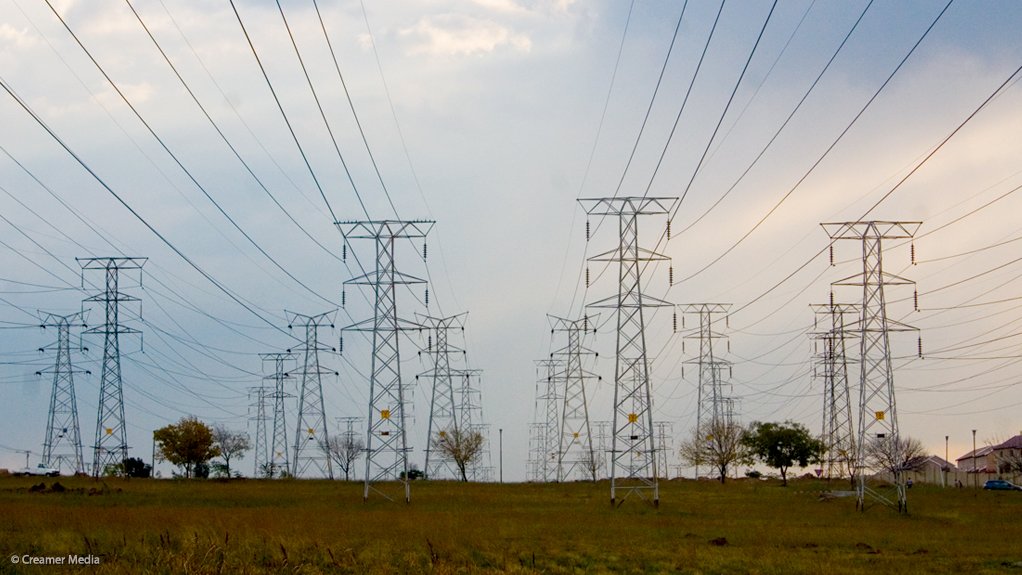The Nkangala district municipality (NDM), in Mpumalanga, has refused State-owned power utility Eskom’s request to relax the conditions of its Kriel power station’s atmospheric emissions licence.
Eskom had applied to amend the licence in November last year.
Environmental organisations, the Centre for Environmental Rights (CER), Earthlife Africa (ELA) Johannesburg and groundWork, said in a joint statement on Sunday that they welcomed the NDM’s decision.
The organisations explained that Eskom had applied to increase the amount of particulate matter it released by almost three times its licence limit for 26 or 27 days a month, and nearly four-and-a-half times the licence limit for four days a month until April 1, 2015.
Further, in its application to postpone compliance with minimum atmospheric emission standards, Eskom sought to increase its emissions of particulates even further until April 1, 2025.
In its variation application, Eskom stated that “the circumstances under which Eskom’s power stations are currently operating are far from normal and so, we request additional leniency at Kriel until particulate emissions have been reduced to the extent that Kriel can comply with the emission limits. The units will be brought into compliance between 2018 and 2023, when fabric filter plants are retrofitted”.
The power utility’s application was further based on emissions at the Kriel power station being “highly erratic, as a result of the unreliability of many of the plant components”, and threatened that load-shedding was the inevitable result if Kriel were required to comply with its emission limit, the environmental organisations stated.
Eskom’s variation request was opposed by the CER acting on behalf of ELA, groundWork, the Vaal Environmental Justice Alliance and ten community groups.
In submissions opposing the amendment, the CER argued, on behalf of its clients, that Eskom effectively wanted permission to operate with nonfunctional pollution control equipment and allow only partially controlled emissions.
NDM refused Eskom’s request, pointing out that the emission limit was negotiated and agreed by both Eskom and the Department of Environmental Affairs.
Eskom spokesperson Andrew Etzinger on Monday told Engineering News Online that the utility took note of the municipality’s decision and would comply, although it would have to change the power station’s operating regime to do so.
“We did receive sufficient leniency [in the decision] to continue to operate the power station, but we would have to reduce its output during off-peak times [to comply],” he said.
Meanwhile, Eskom had also, in December last year, applied to postpone compliance with the Air Quality Act’s air pollution minimum emission standards for 16 of their power stations.
Simultaneously, Eskom had also applied for variation of the conditions of the air quality licences for these stations.
The CER had, on behalf of the same clients, objected to Eskom’s applications, stating that there would be “significant negative health impacts” if Eskom’s application succeeded.
The decision of the national air quality officer is awaited.
EMAIL THIS ARTICLE SAVE THIS ARTICLE
To subscribe email subscriptions@creamermedia.co.za or click here
To advertise email advertising@creamermedia.co.za or click here











